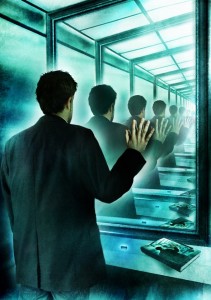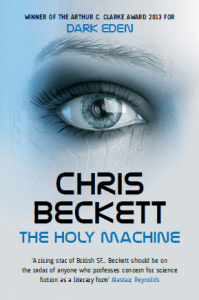I consume music in a spasmodic kind of way. I might go for months without deliberately listening to any music at all, and then will latch onto some song or fragment that fits my mood and play it to death. Right now it’s this, “The Wichita Lineman”, not as most famously recorded by Glen Campbell but by the man who wrote the song, Jimmy Webb.
I’ve had to do some driving these last couple of days and have been listening to it over and over in my car on the album “Ten Easy Pieces”. It’s a little fragment of a song – I gather that Webb hadn’t even finished writing it when Campbell first recorded it – and in one way it’s almost about nothing at all, just a tiny snatch of the random thoughts of the lineman as he wanders the roads by himself and climbs up the phone lines: about his job (“if it snows that stretch down south will never take the strain”), and how he could do with a vacation, and how he rather desperately loves someone.
What’s so clever is how the music fits so perfectly with the words. At the beginning and end, and in between the verses, it comes back to this morse code-like motif, like the signals going back and forth along the lines. It’s as if, up there on his pole, silhoutted against the sky, he stands apart from our busy human attempts to communicate, to keep in touch, to stave off aloneness.
There’s immense loneliness in the song, it seems to me, but it’s achingly beautiful too. I see in Wikipedia that someone or other described it as “the first existential pop song”. I’m not sure about that. It’s predated, for instance, by Otis Redding’s “Sittin’ on the dock of the bay” (another of my favourites, which surely could also claim that title), but it’s a truly great song.

